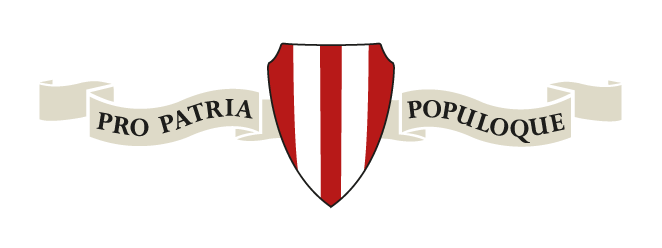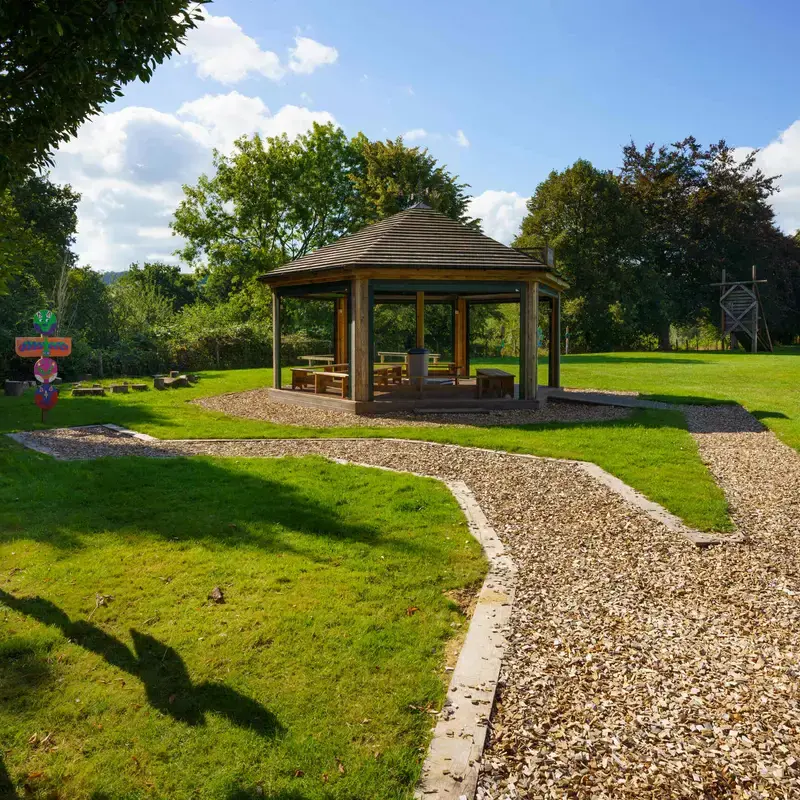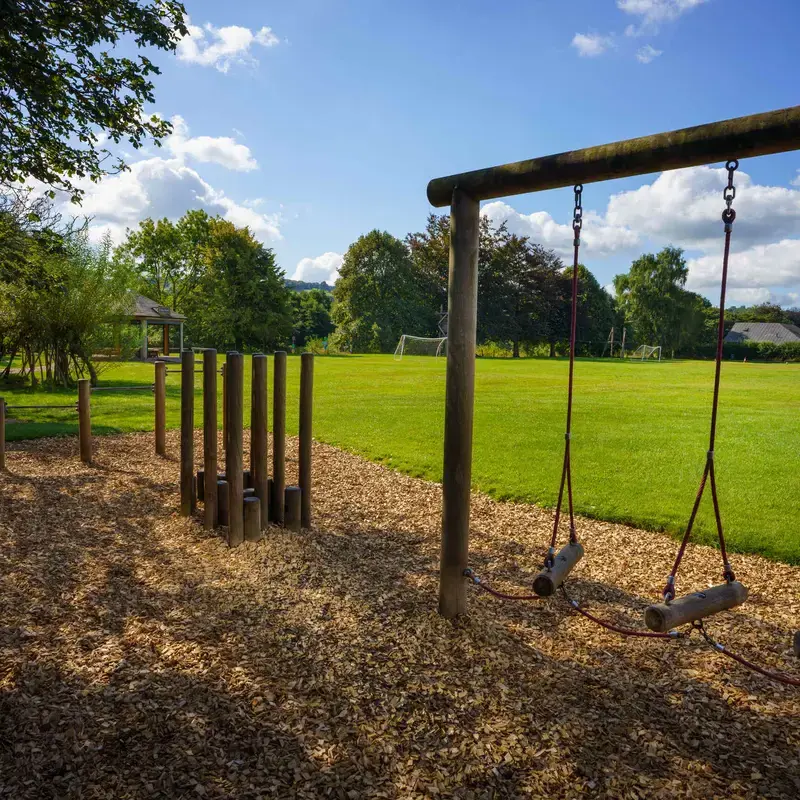Academics
We enable each child to develop their all-round potential by providing a wide array of opportunities.
The curriculum at Blundell’s Preparatory School seeks to allow all pupils the opportunity to learn and make progress, fulfilling their potential across a wide range of subjects in a supportive and stimulating environment. We recognise our responsibility to prepare our pupils for life in modern Britain.
Curriculum
As an independent school, children in Key Stage 1 and 2 are not bound to follow the National Curriculum - however, our curriculum encompasses those aspects of it which we consider to be most valuable to our children’s education, as well as offering many further opportunities for extending and broadening the learning experience.
| Read More |
|---|
|
English, Mathematics and Science are given clear priority across the week, but the full range of subjects on offer is extensive. Children in Years 4 to 6 are set in the core subjects of English and Mathematics, but we are flexible in its assessment and the movement of children across teaching groups – working alongside parents if a change is considered beneficial. We feel that working in this way helps with the pace of learning and individual confidence. The foundation subjects including Religious and Philosophical Studies (RPS), Geography and History are taught each week throughout the school. Pupils are also taught Art, Music and Drama. In the Prep School the pupils have weekly lessons in Design Technology in Year 3 and Year 4, with an exciting shift to Engineering in Year 5 and Year 6. Food Technology, Computing and Personal, Social, Health and Economic Education (PSHE) are built into the timetable as well, with French being taught by specialist teachers from Nursery. PE and Games lessons play a huge part in our busy timetables, and our ever-popular outdoor learning schemes – Wild Wonders (Nursery to Year 2) and Wild Explorers (Year 3 and Year 4) – give the children a chance to get closer to nature once a week. Our curriculum is also enhanced by many educational trips around the local community and beyond. Differentiation is key to much of what we set out to achieve, and the objective of the class teacher is always to deliver the curriculum at a level appropriate for enhancing the learning of each pupil in the class. Individual children may work at a quicker or slower pace through aspects of their learning – and additional classroom support continues to be made available to enable the class teacher to focus help where it may be needed most. Parents may also be offered the option of one-to-one support in Maths or English where this may be felt to be beneficial by the Learning Success Department. The Nursery and Reception classes follow the guidance set out in the revised Early Years Foundation Stage curriculum (2021) and we use the Early Learning Goals to support our holistic, best-fit judgements about a child’s development and their readiness to join Year 1. We do not use these goals as a curriculum, however, and succeed in providing many rich opportunities for the children to develop in all areas of their learning above and beyond the requirements of this statutory guidance. |

The three prime areas which we know are important for building a foundation for igniting a child’s curiosity and enthusiasm for learning, forming relationships and thriving are:
-
Communication and language
-
Physical development
-
Personal, social and emotional development
And we also support our children in four specific areas through which the three prime areas are strengthened and applied:
-
Literacy
-
Mathematics
-
Understanding the world
-
Expressive arts and design
As you can see, we provide a curriculum across the Pre-Prep and Prep which encourages all children to develop skills and increase knowledge across a wide range of subjects, and believe that children should be given the opportunity to investigate, question and challenge within an education which enables all to achieve full potential as individuals.
Should you wish to know more about the subjects and topics that we teach throughout our school, please do not hesitate to get in touch with us – collaboration between home and school is key to a child’s education, and we would be delighted to help out or answer any questions that you might have.
Please find attached a link to our Academic Data policy.

EXPLORE MORE
Where Next?







